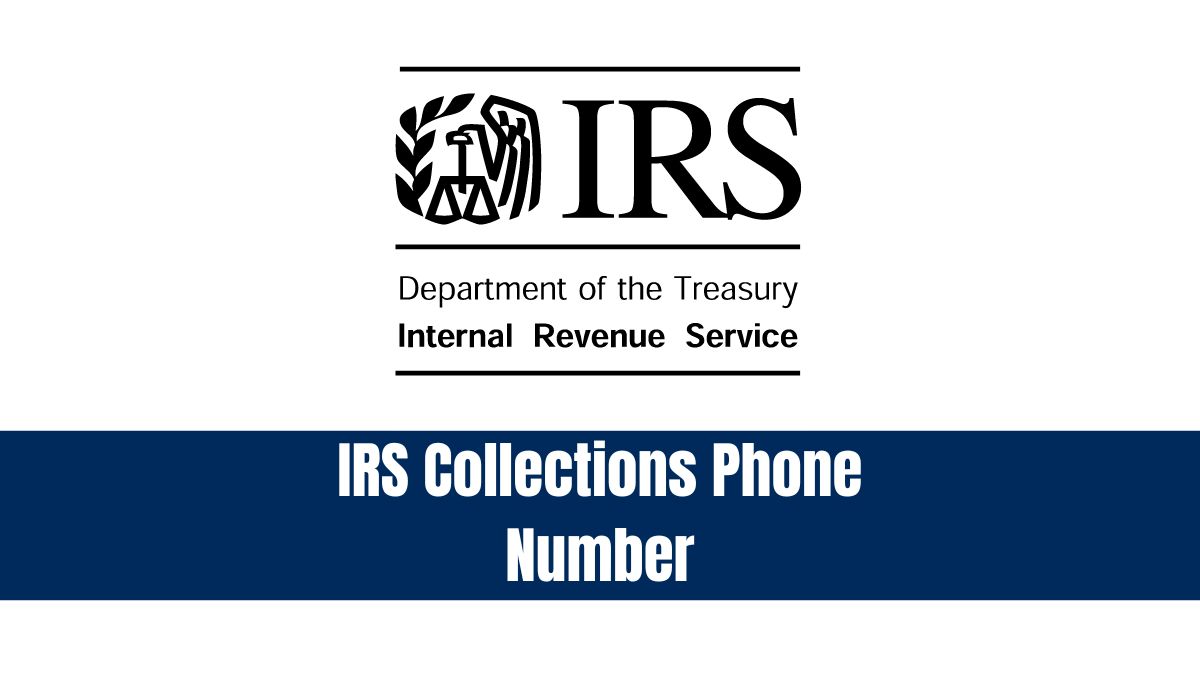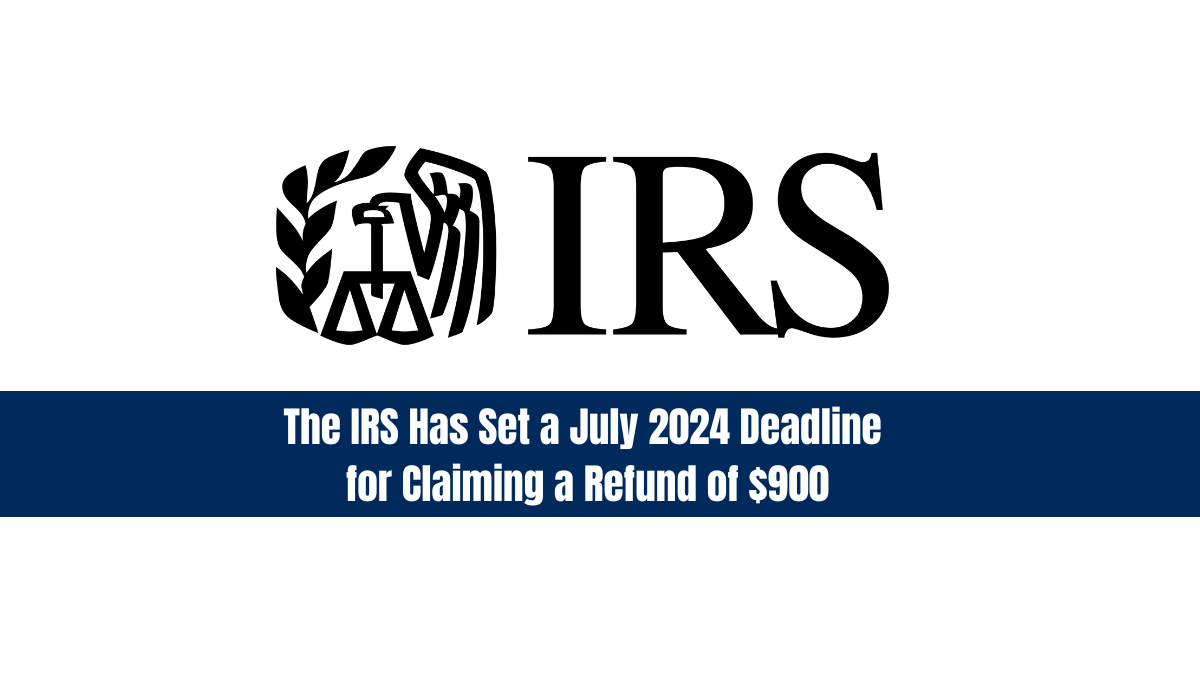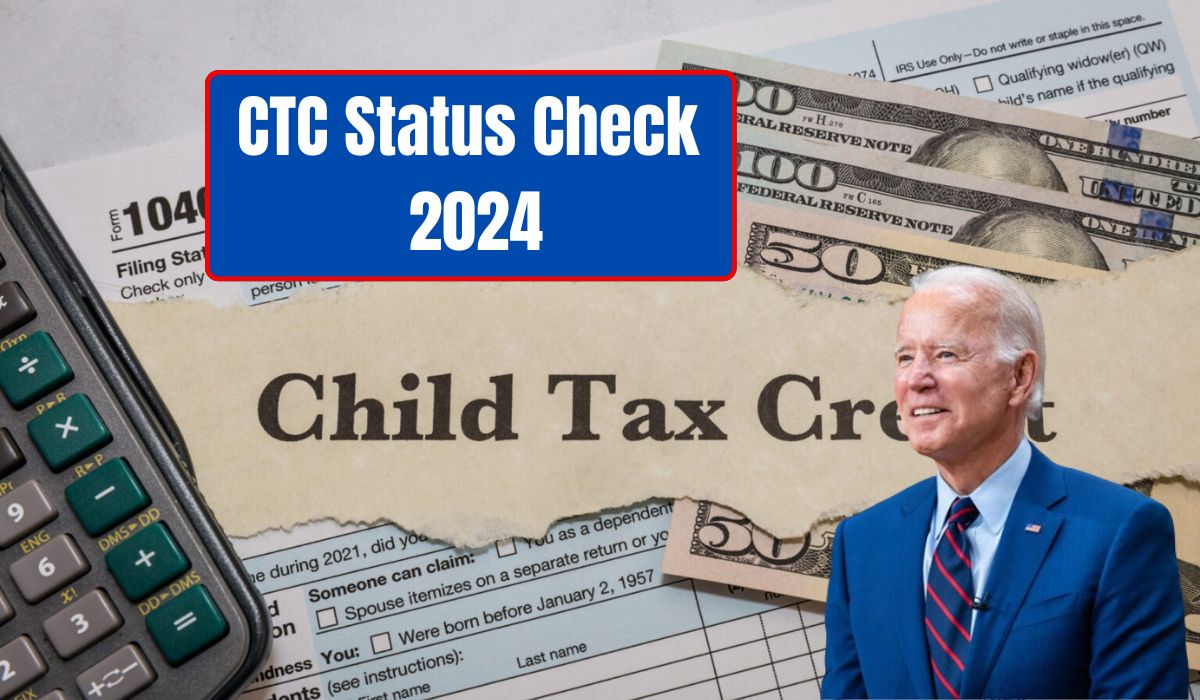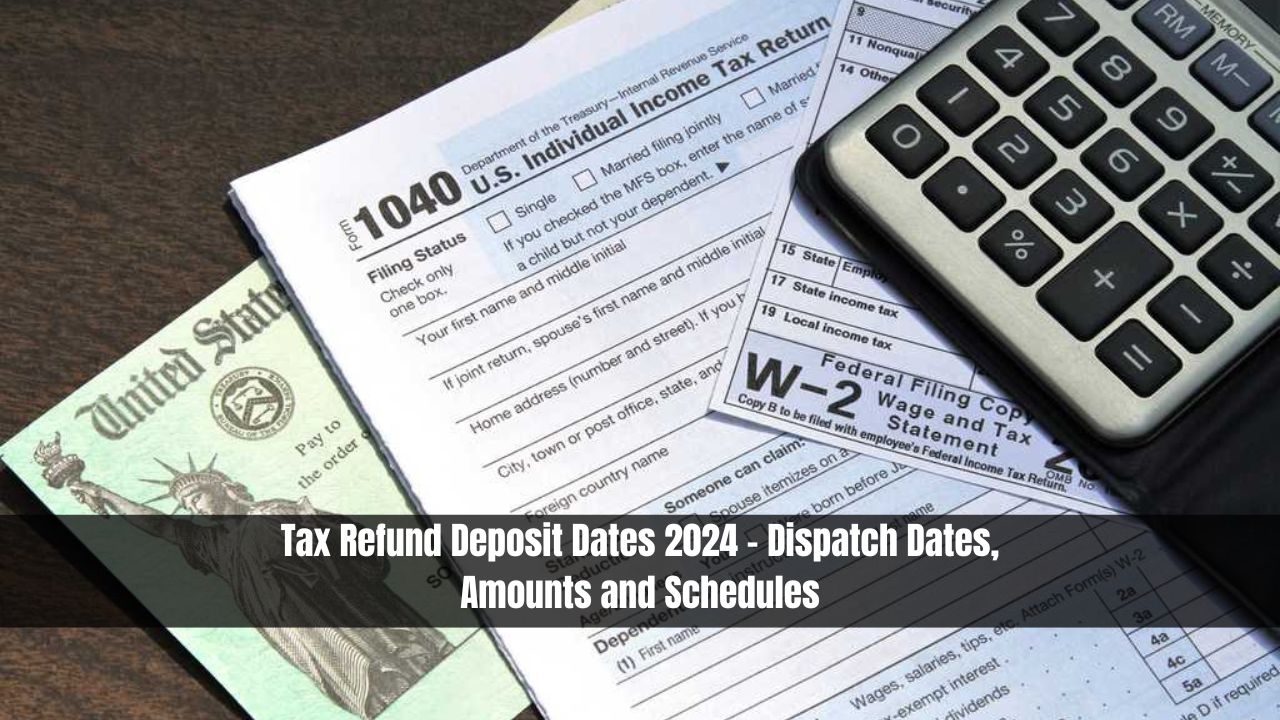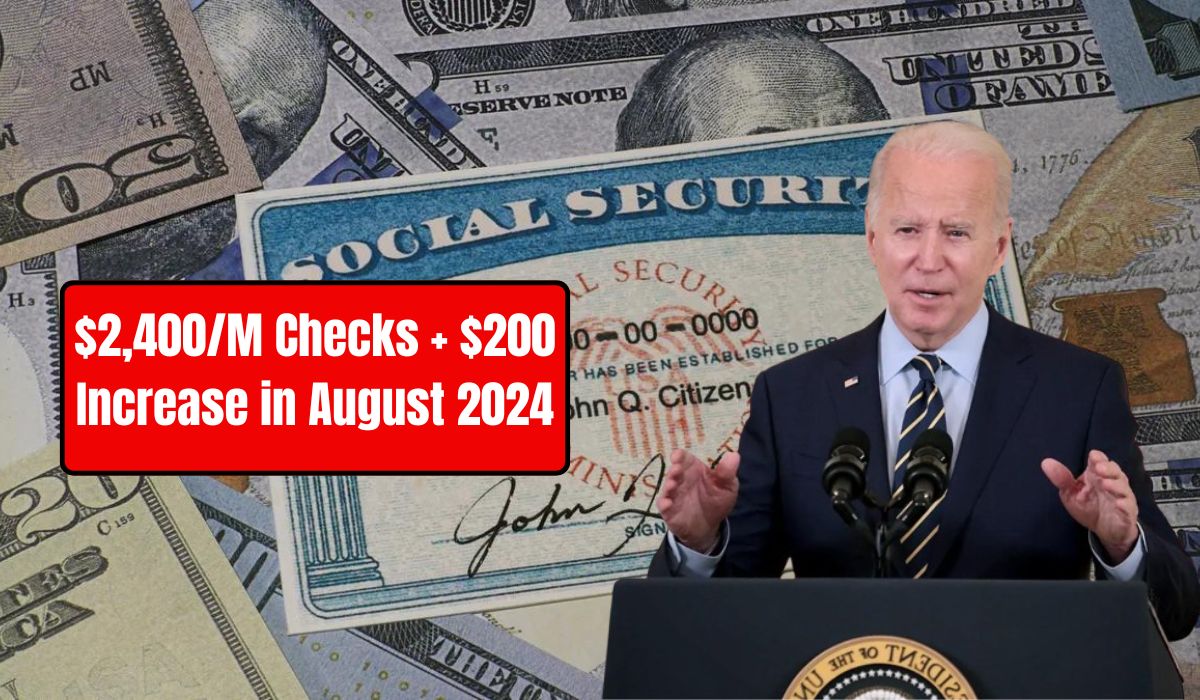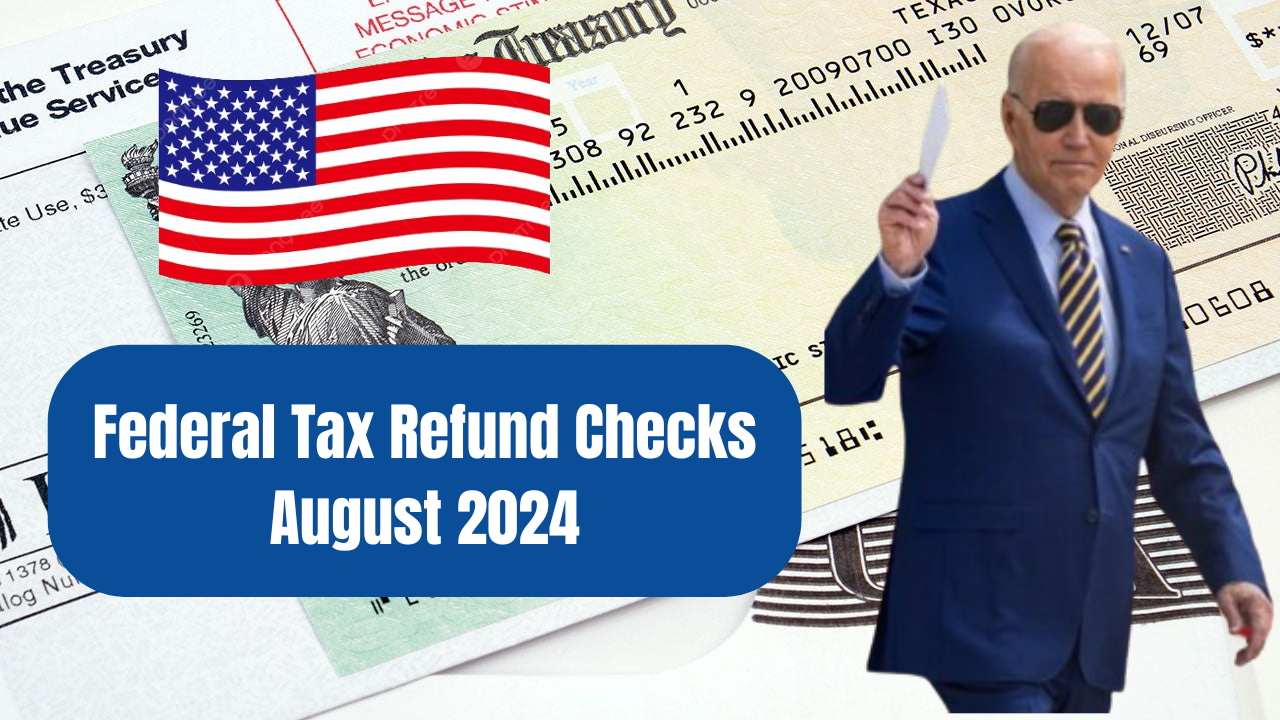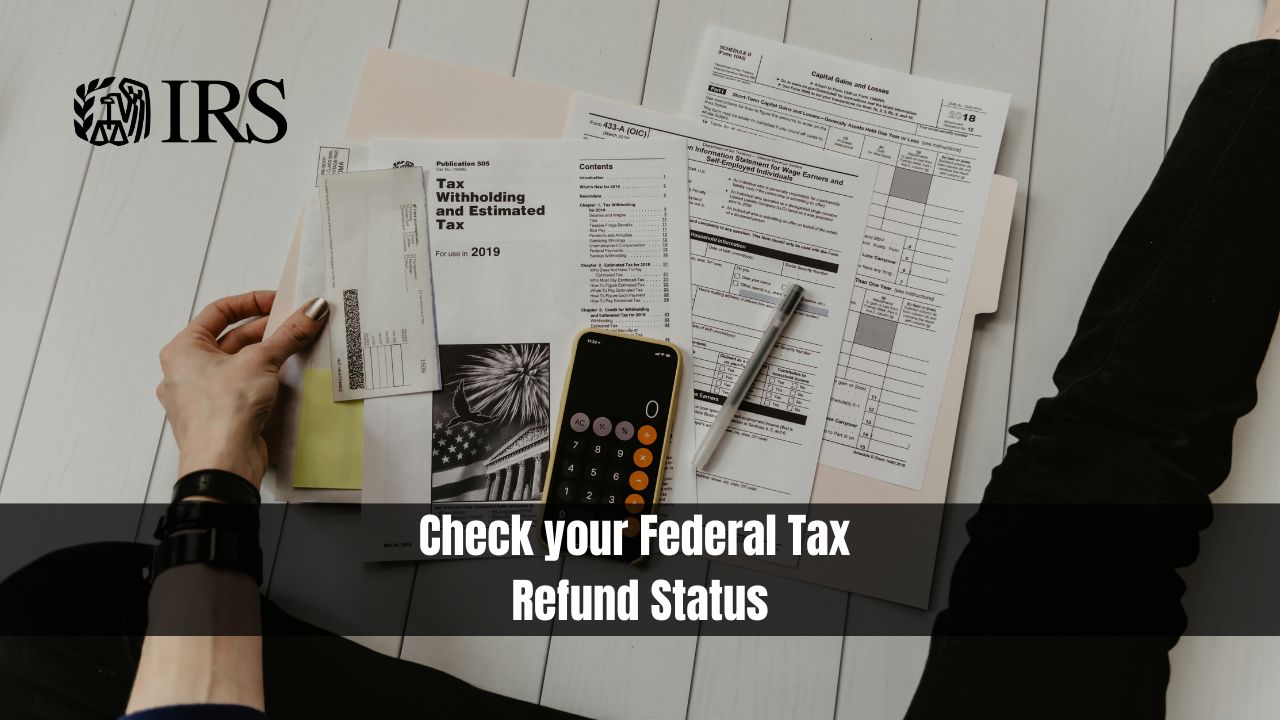IRS Collections Phone Number – Options for Live Help. If you owe back taxes or need help resolving a tax debt, the IRS Collections division is your point of contact. Knowing the right IRS collections phone number and understanding your options for live help can make a significant difference in how efficiently you can address your tax issues. This article will guide you through the essential steps and provide tips for reaching live assistance at the IRS.
IRS Collections Phone Number
The main IRS Collections phone number is 800-829-1040. This number connects you to the IRS’s customer service representatives who can assist you with your tax debt and collections questions. It is available Monday through Friday from 7 AM to 7 PM local time.
Options for Live Help
Apart from the primary IRS Collections Phone Number, there are other ways to get live assistance:
- IRS Local Offices: You can visit a local IRS office (Taxpayer Assistance Center) for face-to-face help. It’s advisable to schedule an appointment in advance.
- Taxpayer Advocate Service (TAS): If you’re facing economic hardship or issues that haven’t been resolved through regular channels, the TAS offers free assistance. They can be reached at 877-777-4778.
- Online Resources: The IRS website provides a wealth of information, including FAQs, payment options, and forms. While not live help, these resources can answer many common questions.
When to Call the IRS Collections Phone Number
You should consider calling the IRS Collections Phone Number if you are facing any of the following situations:
- Unpaid Taxes: If you owe taxes and have not made arrangements to pay, contacting the IRS is crucial to avoid further penalties and interest.
- Payment Plans: For those unable to pay their tax debt in full, the IRS offers payment plan options. An IRS representative can help you set up an installment agreement that fits your financial situation.
- Collection Actions: If you’ve received a notice from the IRS about a levy, lien, or wage garnishment, calling the IRS Collections Phone Number can help you understand your options and take steps to resolve the issue.
- Account Inquiries: If you have questions about your tax account, including balances, payments, and other related information, speaking with a live representative can provide clarity and assistance.
How to Prepare for Your Call
Before calling the IRS Collections Phone Number, it’s important to gather all necessary information to ensure a smooth and efficient conversation. Here are some steps to take:
- Have Your Information Ready: Be prepared to provide your Social Security number or Individual Taxpayer Identification Number (ITIN), tax returns for the years in question, and any IRS notices or letters you’ve received.
- Know Your Rights: Familiarize yourself with the Taxpayer Bill of Rights, which outlines your rights as a taxpayer, including the right to privacy, confidentiality, and fair treatment.
- Be Clear About Your Situation: Clearly explain your situation and the assistance you need. Whether you’re seeking a payment plan or disputing a collection action, being concise and direct will help the IRS representative assist you more effectively.
Key Points to Remember
- Prepare Your Information: Before calling, ensure you have your Social Security number or Taxpayer Identification Number, any correspondence from the IRS, and your most recent tax return.
- Expect Wait Times: Be prepared for potentially long wait times, especially during peak hours and tax season.
- Be Patient and Polite: The IRS representatives handle numerous calls daily. A courteous approach can help in getting the assistance you need.
Tips for Effective Communication with the IRS
1. Document Everything
Keep a record of all your communications with the IRS, including the dates, times, and names of the representatives you speak with. This can help if you need to reference previous conversations or escalate your issue.
2. Understand Your Rights
Familiarize yourself with the Taxpayer Bill of Rights. Knowing your rights can empower you to better navigate your interactions with the IRS.
3. Seek Professional Help
Consider hiring a tax professional, such as a Certified Public Accountant (CPA), Enrolled Agent (EA), or tax attorney, especially if your tax situation is complex. These professionals can communicate with the IRS on your behalf and help you resolve your tax issues more efficiently.
Conclusion
Reaching out to the IRS Collections division can be daunting, but knowing the right phone number and your options for live help can streamline the process. Whether you choose to call 800-829-1040, use online tools, visit a local office, or seek help from the Taxpayer Advocate Service, there are multiple ways to get the assistance you need. By being prepared, documenting your interactions, and understanding your rights, you can effectively manage your tax debt and find a resolution with the IRS.
Read Also:
-
- IRS Tax Credits Payment Schedule from August 2024
- IRS tax credits Payments schedule from July in 7 Days
- UNISA Postgraduate Bursary Application 2024-2025
- UNISA Application Fee Banking Details
- UNISA PGCE Application 2024 Closing Date
- Here Some Changes In Old Age Pension Grant Payment Date for July 2024
- Can I Accept 2 Offers At UNISA?
- UNISA Undergraduate Meaning
